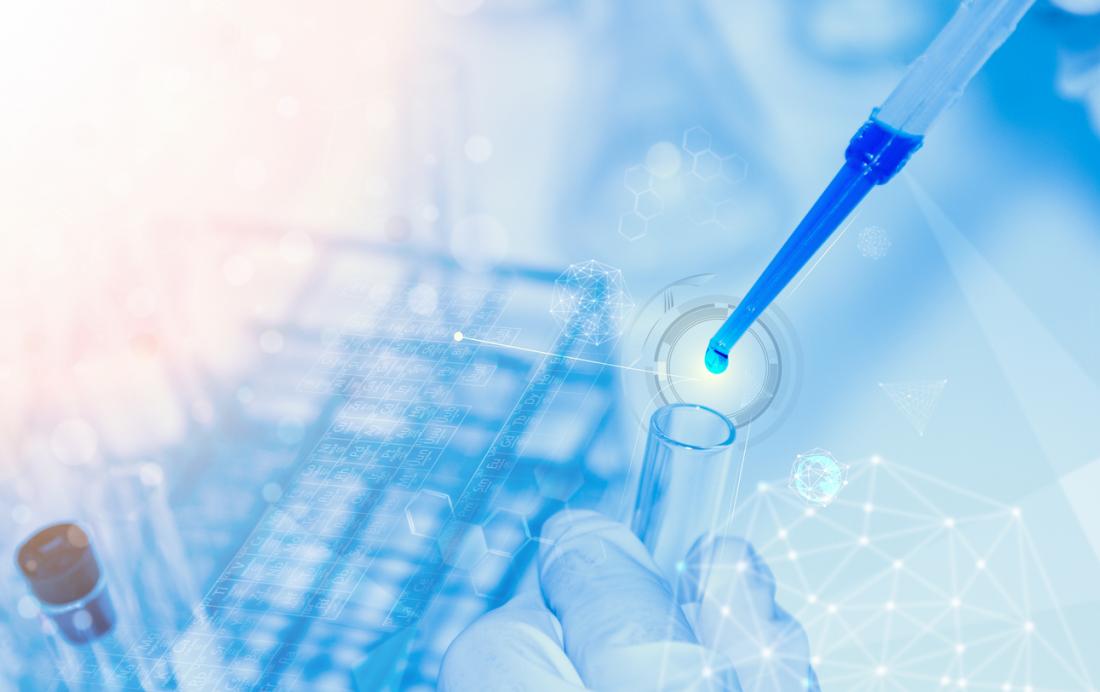
Precision Medicine Unveils Revolutionary Breakthroughs

Precision medicine, a field at the intersection of genomics, healthcare, and technology, has been making remarkable strides in recent times. This revolutionary approach tailors medical treatment to the individual characteristics of each patient, offering personalized solutions that promise to transform the landscape of healthcare.
Unraveling the Genomic Code
At the heart of precision medicine is the decoding of the human genome. Advances in genomic sequencing have enabled scientists to unravel the intricate genetic code that defines an individual’s unique characteristics. This deep understanding of genetic makeup forms the basis for developing targeted therapies that can address the specific molecular underpinnings of diseases.
Targeted Therapies for Personalized Treatment
One of the key breakthroughs in precision medicine lies in the development of targeted therapies. Unlike traditional treatments that may have a one-size-fits-all approach, targeted therapies are designed to hone in on the specific genetic mutations or biomarkers associated with a particular disease. This level of precision not only enhances treatment efficacy but also minimizes side effects, offering patients a more tailored and effective course of action.
Strides in Cancer Treatment
Precision medicine has particularly revolutionized cancer treatment. By identifying the genetic mutations driving the growth of cancer cells, oncologists can prescribe targeted

